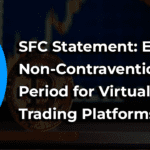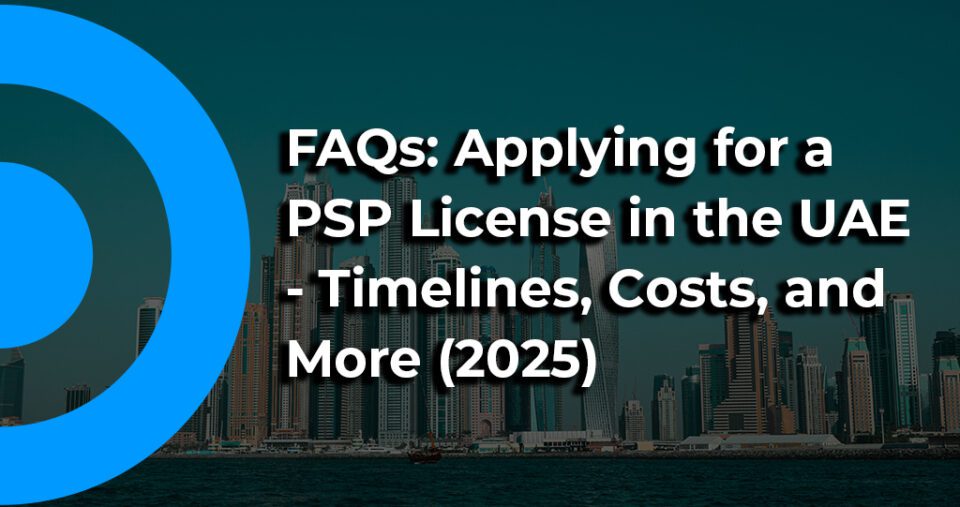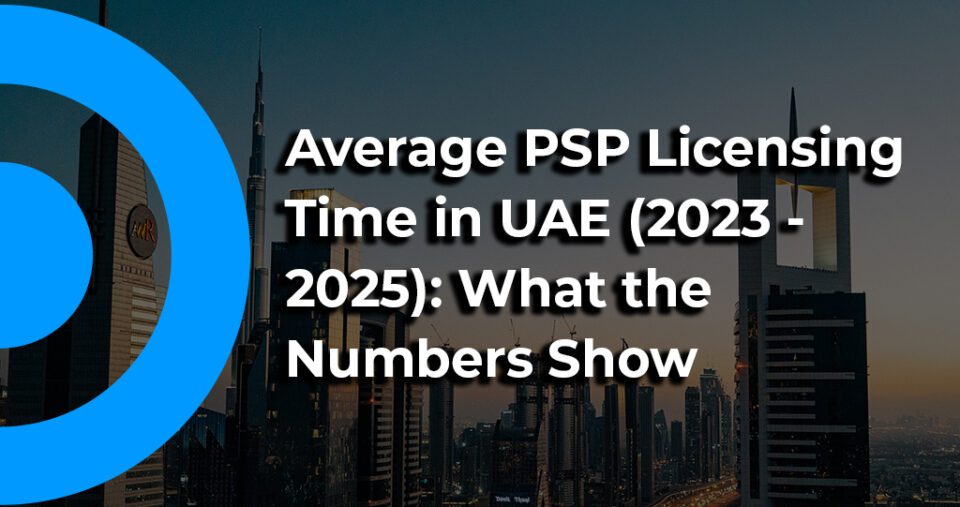
SFC Statement: End of Non-Contravention Period for Virtual Asset Trading Platforms
October 24, 2024
Understanding TCSP Licensing in Hong Kong: Commonly Asked Questions
October 28, 2024As Hong Kong moves forward with its regulatory regime for virtual asset trading platforms (VATPs), understanding the SFC Fining Guidelines for VATPs is critical for all market participants. These guidelines, released in June 2023, lay out how the SFC exercises its power to impose fines on VATPs that fail to comply with the Anti-Money Laundering and Counter-Terrorist Financing Ordinance (AMLO).
Failure to meet these requirements can result in significant financial penalties, and for virtual asset platforms operating under the new licensing regime, staying compliant is crucial. In this post, we break down the key components of these guidelines and their implications for virtual asset trading platforms.
Looking to obtain a Crypto License in Hong Kong? Read more here
Key Takeaways
- Fines Can Reach Up to HKD 10 Million: Or three times the profit gained/loss avoided due to misconduct, whichever is higher.
- Misconduct Examples: Includes AML/KYC failures, client protection issues, and actions harming Hong Kong’s financial reputation.
- General Considerations: More severe fines for intentional misconduct or reckless disregard for regulations.
- Specific factors include applying higher fines when many clients are affected or when misconduct results in financial gains.
- Deterrent: Fines serve as a deterrent and are a last resort, used when non-compliance threatens market integrity.
Overview of the SFC Fining Guidelines for VATPs
The SFC Fining Guidelines for VATPs are a critical part of ensuring compliance among virtual asset service providers. These guidelines allow the SFC to impose fines on any regulated person or platform that commits “misconduct” under the AMLO, or when the SFC determines that a person or platform is no longer fit and proper to operate.
Fines can reach up to HKD 10 million or three times the profit gained or loss avoided due to the misconduct, whichever is greater. This substantial fine structure ensures that the penalties are not just punitive but also serve as a deterrent against non-compliance.
Trending: SFC Statement: End of Non-Contravention Period for Virtual Asset Trading Platforms
What Constitutes Misconduct?
Under the guidelines, “misconduct” includes:
- Violating key requirements of the AMLO or other relevant regulations.
- Failing to act in a manner that protects the investing public or the public interest.
In particular, VATPs need to be vigilant in their AML/KYC policies, client protection measures, and general market conduct. The SFC especially focuses on actions that may facilitate money laundering, harm market integrity, or damage Hong Kong’s reputation as an international financial hub.
Key Considerations in Determining the Fine
The SFC will evaluate the severity of the misconduct and other circumstances when deciding the size of the fine. The guidelines outline several general and specific considerations that VATPs should keep in mind:
General Considerations
- Intentional or reckless conduct: The SFC considers misconduct that is deliberate or shows reckless disregard for regulations to be more severe.
- Impact on Hong Kong’s reputation: The SFC takes misconduct that damages Hong Kong’s reputation as a financial center seriously.
- AML/KYC Failures: Platforms that fail to implement proper anti-money laundering measures are likely to face harsher penalties.
For example, if a platform knowingly or recklessly failed to adhere to AML requirements, leading to potential money laundering activities, the fine would be more significant than a technical breach that caused no market damage.
Hong Kong’s Push for Virtual Asset Licensing: SFC’s Plan to License 11 More Platforms by Year-End
Specific Considerations
- Profit gained or loss avoided: If misconduct resulted in financial gains, this will increase the fine.
- Number of affected clients: The more people affected by a platform’s actions, the higher the fine may be. For instance, if many investors suffer losses due to a platform’s negligence, the fine could be calculated based on the number of clients impacted.
- Cooperation with the SFC: Platforms that promptly report misconduct or cooperate fully with the SFC may receive more lenient penalties. Conversely, if a platform tries to hide misconduct, the fine could be larger.
The SFC stresses that these considerations are not exhaustive, and each case will be judged on its specific facts and circumstances.
Examples of Fining Scenarios
While no specific names are mentioned in the guidelines, several cases in the past involving mismanagement of client assets, failure to implement AML procedures, and negligence in market conduct can provide insights into potential fining scenarios.
For example, a VATP found guilty of misreporting transactions or negligently overseeing client asset custody could face a fine based on the number of clients affected. If multiple clients were financially harmed, the fine could be substantial.
Fining as a Deterrent and Last Resort
One of the primary goals of the SFC’s fining guidelines is to deter non-compliance. The SFC will impose fines as a last resort, especially when misconduct threatens market integrity or investor safety.
The SFC has also made it clear that fines are considered a more severe penalty than a public reprimand. Public reprimands may be issued in cases where the misconduct is less serious, while fines are reserved for intentional, reckless, or systemic violations of regulatory requirements.
Why Compliance Matters Now More Than Ever
For VATPs operating under the SFC’s oversight, these guidelines make it clear that compliance is not optional. With the non-contravention period ending on June 1, 2024, all VATPs must ensure they are fully compliant with the SFC’s requirements or face severe consequences, including fines or potential shutdowns.
How PayCompliance Can Help
Navigating the complexities of Hong Kong’s VATP regulations can be overwhelming. PayCompliance provides expert guidance to help virtual asset trading platforms meet the SFC’s stringent requirements. Our services include:
- Licensing assistance: Helping platforms apply for and secure licenses from the SFC.
- AML/KYC policy development: Crafting robust policies that meet regulatory standards and protect against fines.
- Ongoing compliance support: Ensuring platforms remain compliant even after receiving their license.
If your platform needs support with regulatory compliance in Hong Kong, contact PayCompliance today to ensure you’re ready for the next phase of Hong Kong’s virtual asset market.



